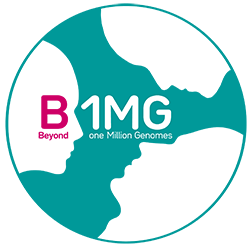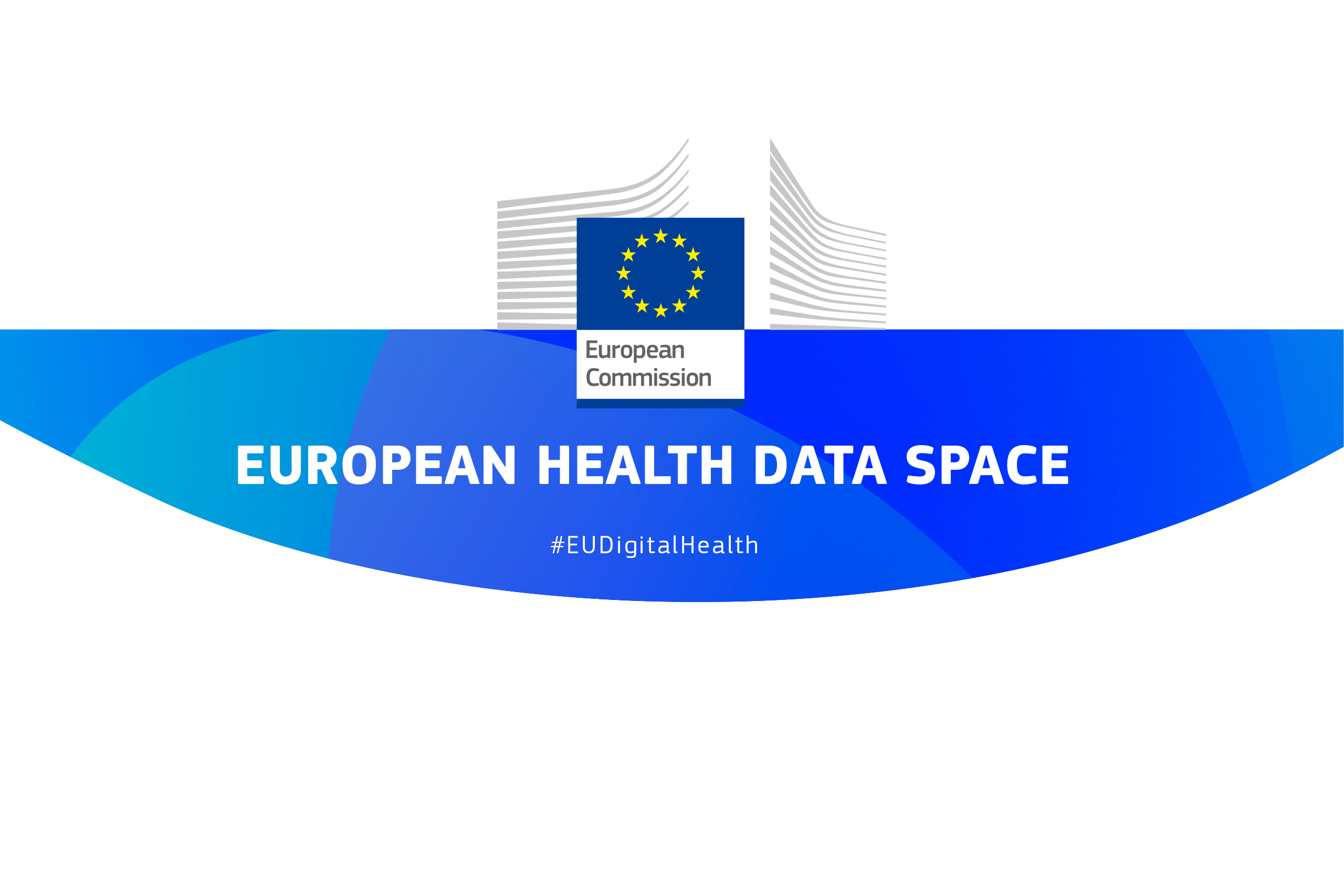Guidelines for personalised medicine research projects to implement Open Access Policies and data integration of research data on European databases
Open Access is a key aspect of the Responsible Research and Innovation approach. It provides online, free, reusable and shared access to scientific information (peer-reviewed scientific research articles and research data). This helps to disseminate the latest research and innovation advances, with the following objectives:
- To improve the quality of the results
- To enhance efficiency
- To facilitate innovation
- To engage better citizens and society
- To avoid duplicity in public funds expenses
- To increase the impact and visibility of research
European Commission (EC) establishes the Guidelines on Open Access to Scientific Publications and Research Data, to all scientific peer reviewed publications of the research projects funded or co-funded under H2020. EC facilitates Open Access through different initiatives:
- European Open Science Cloud (EOSC), promoting the access and reuse of research data from publicity funded research.
- Horizon Results Platform (HRP), promoting Key Exploitable Results to stakeholders
ICPerMed aimed to train personalised medicine researchers about the importance to implement Open Access and data management best practices, and cooperate as well with ELIXIR and 1+ Million Genomes, in order to promote the linkage of data management and different repositories (genomics, omics and medical records).

Open Science and Open Access are key aspects of the Responsible Research and Innovation (RRI) approach. It provides online, free, re-usable and shared access to scientific information (peer-reviewed scientific research articles and research data). In order to implement open access policies and data integration of research data into European databases, ICPerMed has compiled guidelines for personalised medicine research projects.
Open Science promotes a transparent, more efficient, accessible science and collaboration and immediate dissemination of research results.
The European Commission has established Open Science as a policy priority for research programmes under H2020 and Horizon Europe, for international calls (funded by EC) as well for national and regional funding PM research calls. It is organised according to eight ambitions:
- Open Data
- To foster the European Open Science Cloud (EOSC)
- New Generation Metrics
- Rewards
- Future of scholarly communication
- Research integrity
- Education and skill
- Citizen science
Research Funders, and specifically those funding personalised medicine research projects, should provide more information and training to their own funded researchers at national and regional level.
Open Science englobes a whole set of different issues
The EC requires that all peer-reviewed publications and research data generated in projects funded under Horizon 2020 programme, be deposited in Open Access
Open Data
Research data should be freely accessed, used, modified and shared by anyone for any purpose, following the FAIR Principles: Findable, Accesible, Interoperable & Re-usable
| EU Funding Programme for research & innovation | Description |
|---|---|
Open Access to publications and Data in Horizon 2020  | Open Access is encouraged in two political declarations: the Budapest Declaration and the Berlin Declaration. Researchers must ensure open access to their publications via: Green Open Access: researchers can deposit their final peerreviewed manuscript or the published article providing access to scientific data. Useful listings of repositories are: Registry of Open Access Repositories (ROAR) and Directory of Open Access Repositories (OpenDOAR). Gold Open Access: researchers can publish an article immediately in open access mode. Open Access to research data generated in projects funded under the Horizon 2020 programme must be deposited in open access repositories that comply with European Commission mandates, as Article 29.3. All research data should be FAIR: Findable, Accessible, Interoperable and Reusable. The Practical Guide to the International Alignment of Research Data Management present the requirements for data management plans. In calls at international and national level, e.g. in ERA PerMed calls, open access for the publication of the scientific outcomes and achievements of the funded PM projects can be included as mandatory. |
Open Science in Horizon Europe  | The next steps in Open Science promotes by Horizon Europe are: To ensure that beneficiaries retain intellectual property To require research data to be FAIR To promote the adoption of open science practices To engage and to involve civil society |
Open Access infrastructure for research in Europe (OpenAIRE)  | This infrastructure is the recommended entry point for scholars from any research discipline to determine which repository to choose. It offers the possibility to import their Project publications into the EU’s Participant Portal and disseminate their Project results to collaborators. Tools developed by OpenAIRE: National Open Access Desks (NOADs) aims to develop capacity at a local level, to put in place the relevant support structures for open science practice and to provide expert advice on infrastructures. Zenodo, a catch-all repository for EC funded research. AMNESIA provides better anonymization of the research data. Argos facilitates Research Data Management (RDM) activities related to the implementation of Data Management Plans (DMPs). |
Open Research Europe (ORE)  | A platform for the publication of research stemming from Horizon 2020, Horizon Europe and/or Euratom funding across all subject areas. ORE facilitates and encourages data re-use. |
European Open Science Cloud (EOSC)  | This initiative provides a set of services related to research data infrastructures (data management, data sharing, data storage, data security), based on the European Data Strategy. It aims to create a single market for data within the EU, to benefit businesses, researchers and public administrations. ICPerMed has established collaboration with several biomedical science research infrastructures that are part of the EOSC-Life and has developed a guidance document on services for PM purposes. |
| FAIRsFAIR-Fostering Fair Data Practices in Europe | It is an infrastructure on academic quality data management, procedures, standards, metrics and related matters, based on the FAIR principles and aims to supply practical solutions. Also, it provides a platform for using and implementing the FAIR principles in the day to day work of European research data providers and repositories |
ELIXIR Resources for data integration and Open Science  | It offers a wide variety of resources to life science researchers across Europ, such as: ELIXIR Deposition Databases for Biomolecular Data: list of repositories for publishing open data in life science research. ELIXIR Core Data Resources: a set of European data resources for long-term preservation of biological data. Interoperatibility Platform: which promotes interoperability best practices for data providers and data integrators. It offers as well a great deal of guidelines and training material for researchers: RDMKit: guide to establish good data management practices in research projects from beginning to the end. FAIR cookbook: recommendations for making research data FAIR. Data Stewardchip Wizard: guide to manage data planning. Also, the European Genome-Phenome Archive (EGA) archives and shares of all types of personally identificable genetic and phenotypic data from biomedical research projects. |
BBMRI The Biobanking and BioMolecular resources Research Infrastructure  | Research infrastructure for biobanking, which brings together all the main players from the biobanking field: researchers, biobankers, industry and patients, in order to boost biomedical research. BBMRI improves the accessibility and interoperability of existing comprehensive collections, either population-based or clinical-oriented, of biological samples from different populations of Europe or rare diseases. These collections include the associated data on factors such as health status, nutrition, lifestyle and environmental exposure of the study subjects. BBMRI also offers quality management services and support with ethical, legal and societal issues. |
The 1+Million Genomes Initiative (1+MG) and The Beyond 1 Million Genomes Project (B1MG) 1   | Research infrastructure for biobanking, which brings together all the main players from the biobanking field: researchers, biobankers, industry and patients, in order to boost biomedical research. BBMRI improves the accessibility and interoperability of existing comprehensive collections, either population-based or clinical-oriented, of biological samples from different populations of Europe or rare diseases. These collections include the associated data on factors such as health status, nutrition, lifestyle and environmental exposure of the study subjects. BBMRI also offers quality management services and support with ethical, legal and societal issues. |
European Health Data Space (EHDS)  | This initiative offers a secure health data sharing framework for using health data by patients and for research and innovation, policy making, patient safety, statistics or regulatory purposes. Patients and society have easily access to their own data, being able to share and control them. The availability of electronic health data could offer better and more personalised medicine. |
European Health Research and Innovation Cloud (HRIC)  | HRIC is a cornerstone pieces of the EHDS. This initiative facilitates the science exchange by setting a Glossary of commonly used terms in the field of health data research. This glossary represents a living document that will be regularly updated with new terms and any modificationsto existing terms, if needed. |
| European Health Data and Evidence Network (EHDEN) | This platform involves new insights and evidences to support patients, clinicians, payers, regulators, governments and the industry in understanding wellbeing, disease, treatments, outcomes and new therapeutics and devices. In other words, it provides a new paradigm for the Discovery and analysis of health care data in Europe. |

